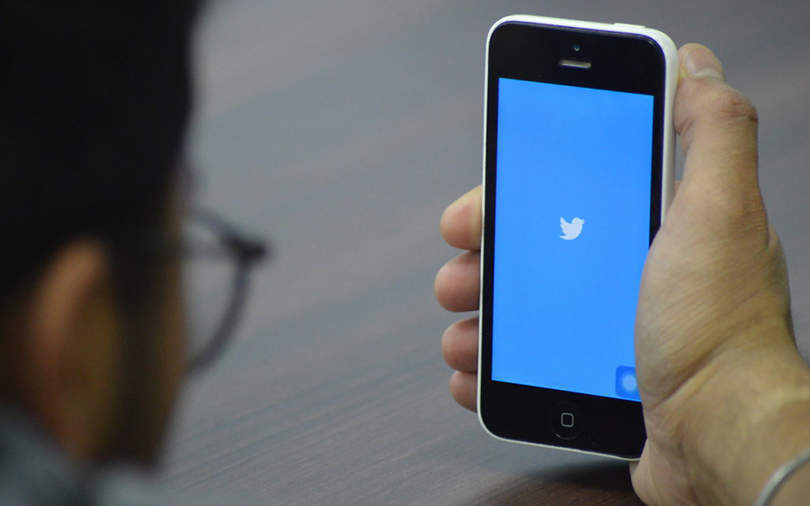
Twitter discloses bug that collects location data inadvertently


Microblogging platform Twitter has apologised to its users on Apple's iOS platform for accidentally collecting and sharing location data with one of its partners, the company said in a blog post. The US-based company said that it had since fixed the bug, adding that it would be more careful not to make such a mistake.
According to Twitter, if a user had used more than one account for iOS and opted into using the precise location feature in one account, the company might have accidentally collected location data when the same user was using any other account (or accounts) on that same device, for which they had not turned on the precise location feature.
Twitter said that it had intended to remove location data sent to its advertising partner during a process known as real-time bidding. However, due to the bug, it did not happen, it added.

The social-media platform said that it had confirmed with its partner that the location data has not been retained and that it had only existed in their systems for a short time. It added that the partner had also deleted the data since, as part of their normal process. It also clarified that it had implemented technical measures to “fuzz” the data shared and that it was no more precise than the zip code or city (5 km per square area).
Of late, social media and internet companies, which provide their services for free, have been under intense pressure globally for sharing users' data with advertisers and partners.
“This location data could not be used to determine an address or to map a user's precise movements. The partner did not receive data such as Twitter handle or other unique account IDs that could have compromised the user's identity on Twitter," the blog post said.

Twitter has also communicated the information with users whose accounts were impacted. The blog post also requested users to check their privacy settings to make sure that they were only sharing the data they want to.
